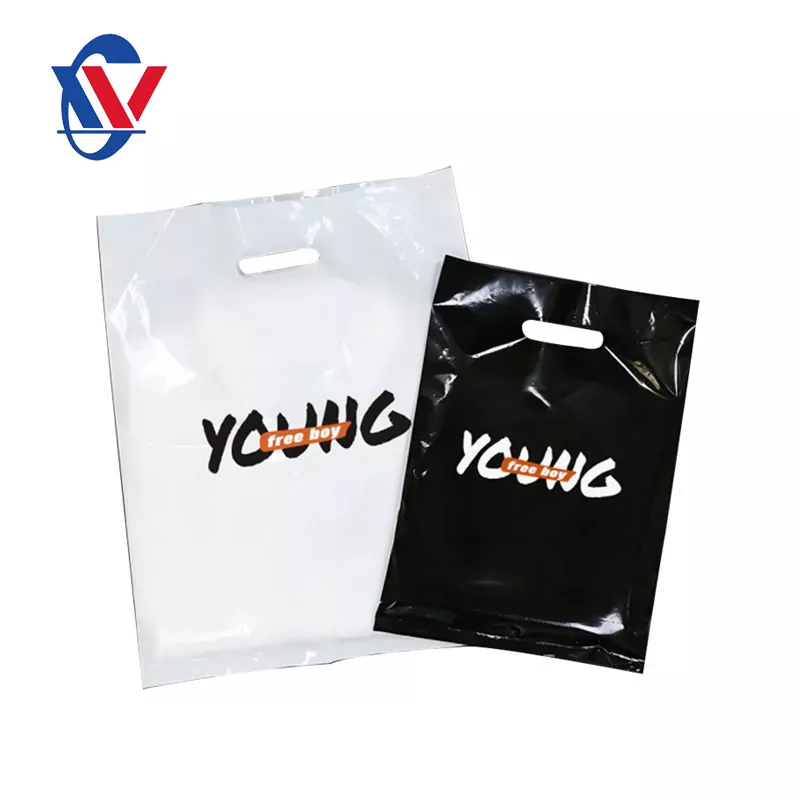Introduction of Functional Materials in Plastic Packaging Bags
2025-07-08
Plastic packaging bags have long played a crucial role in the storage, transport, and preservation of goods, particularly in the food, pharmaceutical, and consumer goods industries. Traditionally, plastic packaging primarily served to contain and protect products. However, with growing demands for sustainability, safety, and product longevity, the focus has shifted toward enhancing packaging performance. One significant advancement in this area is the introduction of functional materials into plastic packaging bags.
Functional materials are substances designed to perform specific tasks beyond basic containment. In the context of plastic packaging, these materials improve barrier properties, regulate moisture and gas exchange, provide antimicrobial protection, or even offer smart sensing features. Common examples include oxygen scavengers, ethylene absorbers, UV blockers, and antimicrobial agents. By incorporating such materials, packaging can significantly extend the shelf life of perishable products, reduce spoilage, and enhance consumer safety.

Moreover, some functional materials are designed to be biodegradable or recyclable, addressing environmental concerns. These innovations help reduce the ecological impact of plastic waste and align with global efforts to promote a circular economy.
In conclusion, the integration of functional materials into plastic packaging bags represents a transformative shift in packaging technology. It enhances product protection, supports sustainability, and meets the evolving demands of modern supply chains. As research continues to advance, functional packaging is poised to become a standard in achieving both performance and environmental goals.
As a professional manufacturer and supplier, we provide high-quality products. If you are interested in our products or have any questions, please feel free to contact us.